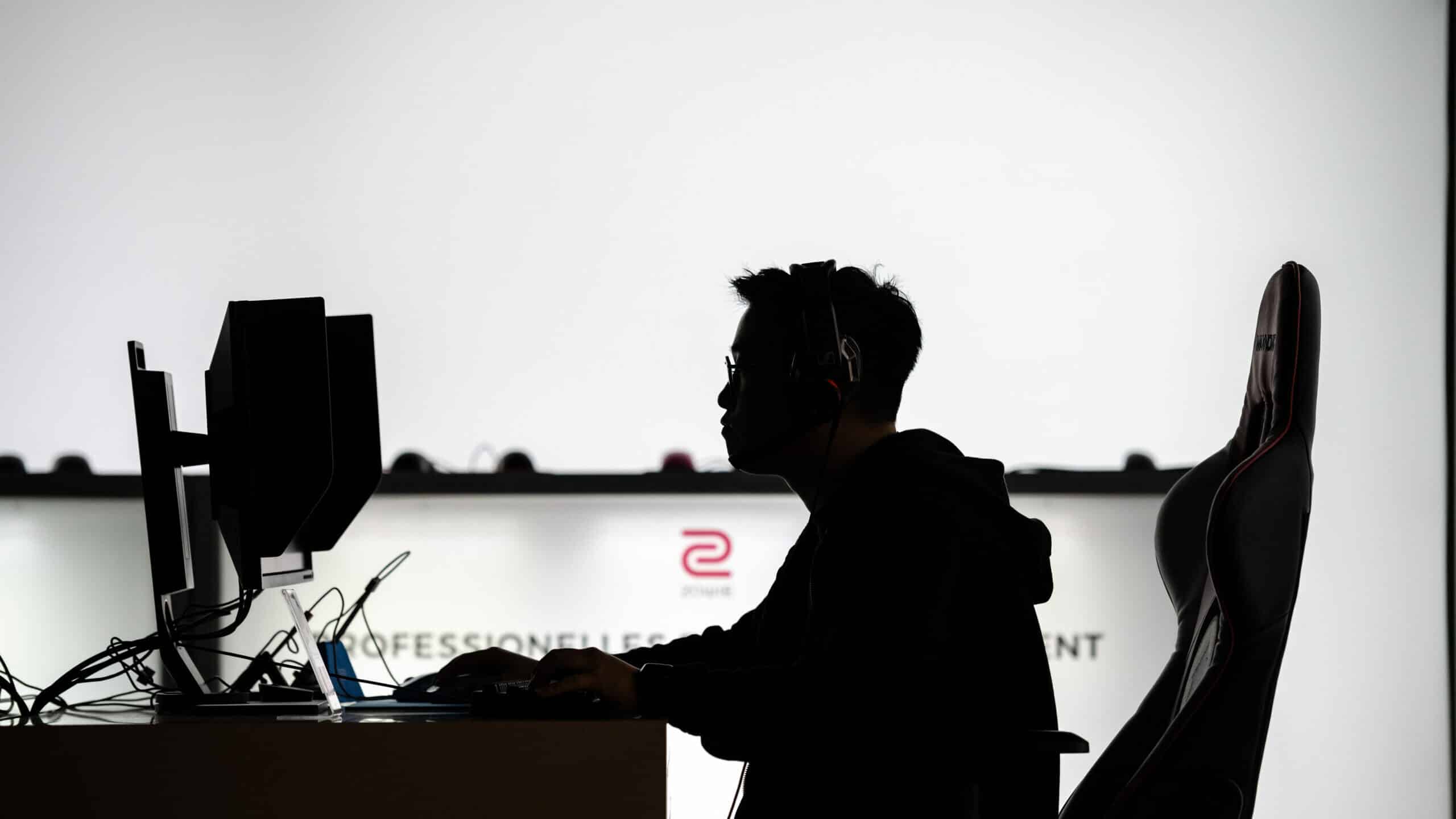Social gaming is a form of online gaming that allows players to interact with each other in virtual worlds. These games are designed to be highly engaging and addictive, often incorporating elements such as in-game purchases, microtransactions, and loot boxes. While social gaming can be a fun and enjoyable experience, it can also have negative consequences for some players.
The dark side of social gaming involves addiction and player exploitation, which we will explore in detail in this article. We will also discuss the social and economic impacts of social gaming addiction and exploitation, as well as the need for stronger regulations to protect consumers.
Addiction in Social Gaming
One of the most significant issues with social gaming, particularly online casino gaming, is addiction. Many social games are designed to be highly engaging and addictive, using psychological techniques to keep players hooked. For example, some games at the best Ontario online casinos use a system of rewards and to encourage players to keep playing.
In addition to psychological addiction, social gaming can also have physical and emotional consequences. For example, players may experience eye strain, headaches, and other physical symptoms from spending too much time staring at a screen. Social gaming addiction can also lead to social isolation, depression, and anxiety. It is essential to approach social gaming, including online casinos, with caution and moderation to avoid the negative effects of addiction.
To illustrate the impact of social gaming addiction, consider the following statistics:
- A study conducted by the University of Derby found that 12% of social gamers are addicted to social gaming.
- A survey conducted by the Royal Society for Public Health found that social media and social gaming are the most addictive activities on the internet.
- The World Health Organization (WHO) has included “gaming disorder” as a diagnosable condition in the International Classification of Diseases.
Player Exploitation in Social Gaming
Another issue with social gaming is player exploitation. Many social games use in-game purchases and microtransactions to generate revenue. While some of these purchases are purely cosmetic, others can have a significant impact on gameplay, giving players an unfair advantage over others.
Loot boxes, which are virtual boxes that contain random items or rewards, are also a common feature of social gaming. While some loot boxes can be earned through gameplay, others require players to spend real money. Some critics have compared loot boxes to gambling, as players never know what they will get when they purchase one.
ADVERTISEMENT
False promises and deceptive advertising are also common in social gaming. For example, some games promise players that they will win big prizes if they spend enough money on in-game purchases. In reality, the chances of winning these prizes are often slim to none.
To illustrate the impact of player exploitation, consider the following examples:
- In 2019, a Canadian man sued a social gaming company for using deceptive practices to encourage him to spend thousands of dollars on in-game purchases.
- In 2020, a UK regulator launched an investigation into whether loot boxes in social games are a form of gambling.
The Social and Economic Impacts of Social Gaming Addiction and Exploitation
The impact of social gaming addiction and exploitation extends beyond the individual player, affecting society as a whole. Social isolation is one of the most significant social impacts of social gaming addiction, as players may spend hours each day playing games instead of interacting with friends and family. This can lead to feelings of loneliness and depression, which can have long-term consequences for mental health.
The economic impact of social gaming addiction can also be significant. Players who spend large sums of money on in-game purchases may find themselves in financial trouble, struggling to pay bills or meet other financial obligations. In some cases, social gaming addiction can lead to bankruptcy or other financial hardships.
The role of social gaming companies in addressing addiction and exploitation cannot be ignored. Some companies have taken steps to address these issues, such as implementing limits on in-game purchases or offering resources for players who are struggling with addiction. However, much more needs to be done to ensure that players are protected from the negative consequences of social gaming.
ADVERTISEMENT
Regulation and Legal Implications of Social Gaming
Regulation of social gaming varies by jurisdiction, with some countries implementing strict regulations to protect consumers, while others have little to no regulation at all. In general, regulations around social gaming focus on issues such as age verification, advertising standards, and protection of consumer data.
In addition to regulatory issues, there are also legal implications to consider when it comes to social gaming addiction and exploitation. For example, if a player becomes addicted to social gaming and spends a significant amount of money on in-game purchases, they may have legal recourse against the social gaming company. Similarly, if a social gaming company uses deceptive advertising or engages in other forms of player exploitation, they may face legal action from consumers or regulatory bodies.
Final Thoughts
In conclusion, social gaming has many benefits, but it also has a dark side that cannot be ignored. Addiction and player exploitation are significant issues that can have negative consequences for players and society as a whole. By keeping up with news updates from sites like Royals Blue, we can better understanding these issues and work to address them, thus creating a safer and more responsible social gaming environment for everyone.
Social gaming companies have a responsibility to protect their players from addiction and exploitation, and regulators have a responsibility to ensure that companies are meeting their obligations. As players, we also have a responsibility to be aware of the risks associated with social gaming and to take steps to protect ourselves from these risks.
By working together, we can create a social gaming industry that is fun, entertaining, and safe for everyone.









